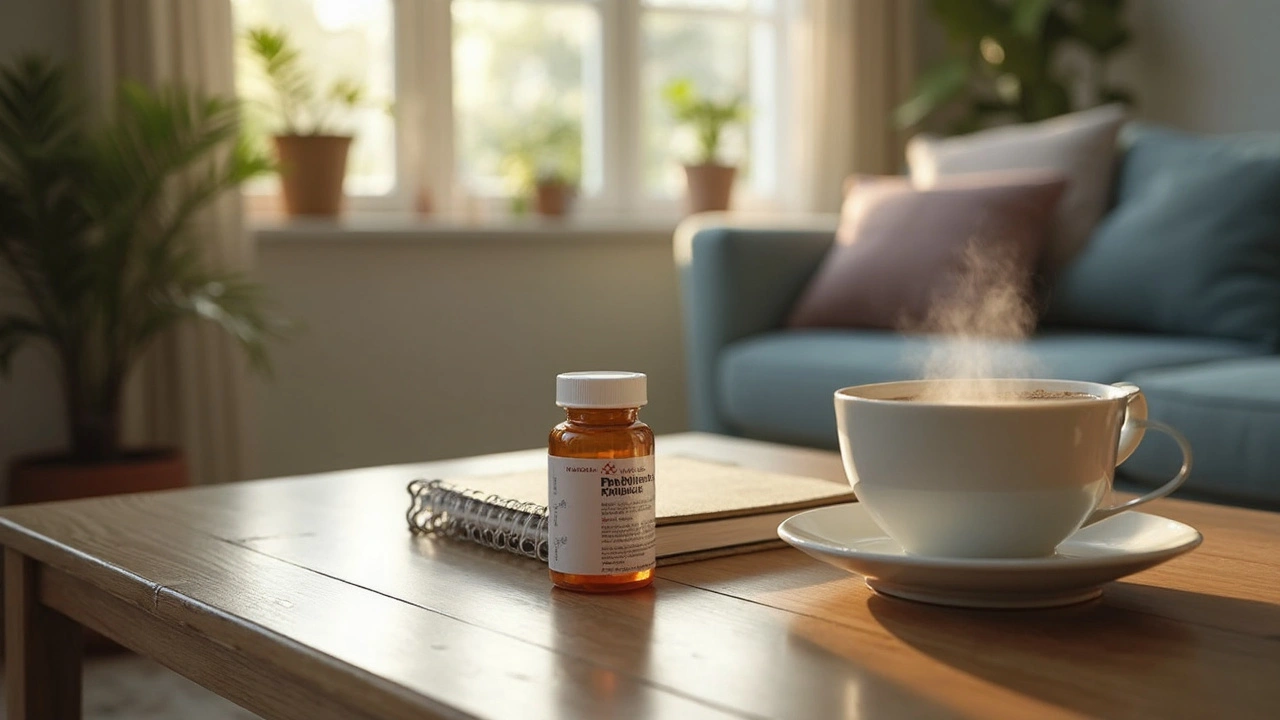Depression: What to watch for and what to do next
Feeling low for a day or two is normal. Depression lasts longer and changes how you function. You might notice low mood, loss of interest in things you used to enjoy, trouble sleeping, low energy, poor concentration, appetite changes, or feelings of worthlessness. If these symptoms stick around for two weeks or more and start to affect work, relationships, or safety, it’s not just a rough patch.
Worried you might be depressed? Start by tracking your symptoms for a week. Be specific: note sleep times, appetite, energy levels, and any thoughts about harming yourself. That list helps your clinician give the right advice fast. If you have thoughts of suicide or harming others, get immediate help—call emergency services or a crisis line in your area.
Practical treatment options
Treatment usually combines therapy, lifestyle changes, and sometimes medication. Talk therapy, like cognitive behavioral therapy or interpersonal therapy, helps change unhelpful patterns and improve coping skills. Lifestyle steps — regular sleep, a bit of daily movement, cutting down alcohol, and keeping a basic routine — make a real difference, especially when paired with therapy.
Antidepressants can help when symptoms are moderate to severe or when therapy alone isn’t enough. Common classes are SSRIs and SNRIs. They take several weeks to show benefit. Side effects are real and vary by drug, so expect a conversation with your prescriber about pros and cons. If one med doesn’t help or causes side effects, a switch or dose change is normal practice.
Medication safety and interactions
Ask your doctor about interactions. Some antidepressants interact with blood pressure meds, sleep aids, or herbal supplements. Alcohol often makes depression worse and can reduce medication effectiveness. If you take other medicines, bring a full list to appointments so your provider can check for bad mixes.
Thinking of buying meds online? Use verified pharmacies, require a prescription, and avoid sites that offer controlled drugs without a medical consult. Our site has guides on spotting safe online pharmacies and where to get legitimate prescriptions.
What if treatment isn't working? Reassess with your provider. Sometimes the diagnosis is different, a medication dose needs adjusting, or adding therapy or a different drug class is the right move. Specialist referral can help when depression is persistent or complicated.
Small steps matter. Tell a trusted person how you feel, schedule a primary care or mental health appointment, and make one tiny routine change—like a short walk after lunch. Those moves start to break the pattern of isolation and inertia.
If you want quick reads, our articles cover medication safety, how certain drugs affect mood, and tips for buying meds safely online. Use them to prepare for a medical visit and get clearer, safer care.

